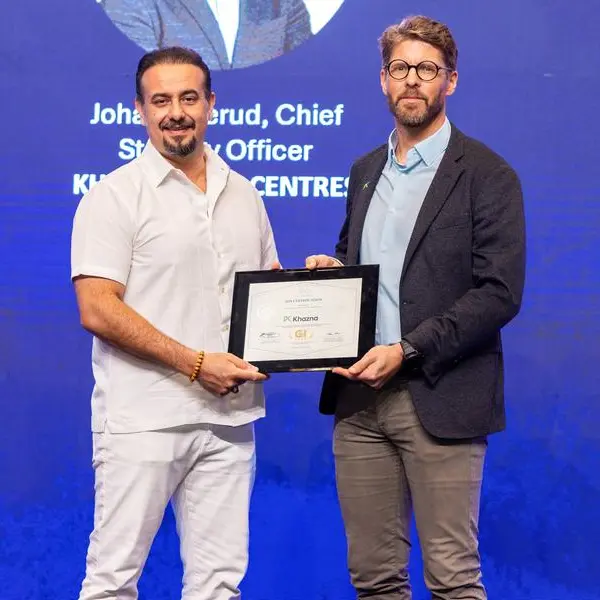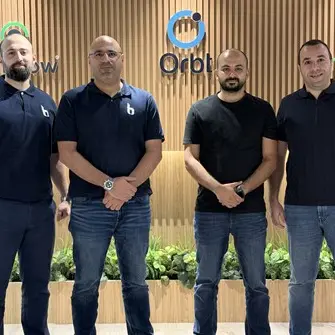Amman, Jordan: The Fred Hollows Foundation, a global leader in eye health, in partnership with the Institute for Family Health (IFH), announced the launch of the project in Amman. The three-year pilot project focuses on treating children with visual impairment caused by uncorrected refractive errors, improving access to eye care services, and promoting eye health awareness. At least 10,000 refugees and vulnerable Jordanian children and their caregivers will benefit from it annually.
In the Middle East and North Africa, investing in eye health has proven to be economically rewarding for the region, delivering a return of $US21.4 for every dollar invested in treating uncorrected refractive error.
The Fred Hollows Foundation CEO, Ian Wishart, said: "The partnership demonstrates a shared commitment to ending avoidable blindness and restoring sight to those in need. Right now, 90 percent of vision loss is preventable or treatable and we can address it using highly cost-effective interventions we know will work."
"The pilot project aims to address and treat refractive errors among refugee children and marginalized Jordanian children. This is a leading cause of vision impairment which often hampers learning and social development in children.”
Commenting on the partnership, Dr. Ibrahim Aqel, IFH director, said: “The pilot project holds profound significance. By enhancing access to early eye health services and screening, we are empowering children with visual disability to embrace educational opportunities and a brighter future."
Dr Aqel said: "Our commitment to implementing this project stems from the urgent need to address eye health challenges among school-aged children, particularly refugees and those with disabilities, in Irbid, Zarqa, and Karak governorates. Through structured screenings and strategic partnerships, we aim to ensure timely care and support, bridging the gap in access to eye health services."
Refractive error is a common eye condition where the eye is shaped in such a way that light cannot be accurately focused on the retina. The most recent study to investigate child eye diseases in Jordan reported an 8.9% rate of refractive error in school children.
“With the support of The Foundation, IFH will develop a school screening model, focused community outreach and engagement model, and integrate childhood eye care into the existing national health system,” he added.
"Through this pilot project, we are taking a step in transforming lives for refugee children and marginalized Jordanian children, unlocking their potential by restoring their eyesight."
Over the course of three years, the project will employ a multi-faceted approach to ensure that refractive errors are identified early and treated promptly.
“Looking ahead, we aspire to establish a sustainable and integrated eye care model that not only transforms the lives of children in targeted areas but launching similar initiatives across the region," Dr. Ibrahim Aqel added.
Link to Photos: https://we.tl/t-BEMVK93F4Z
Press Contacts:
- The Fred Hollows Foundation (UAE Regional Office): Maha Oda, moda@hollows.org
- Institute for Family Health (IFH): Abdalla Al-Roud, a.alroud@ifh.org.jo


















